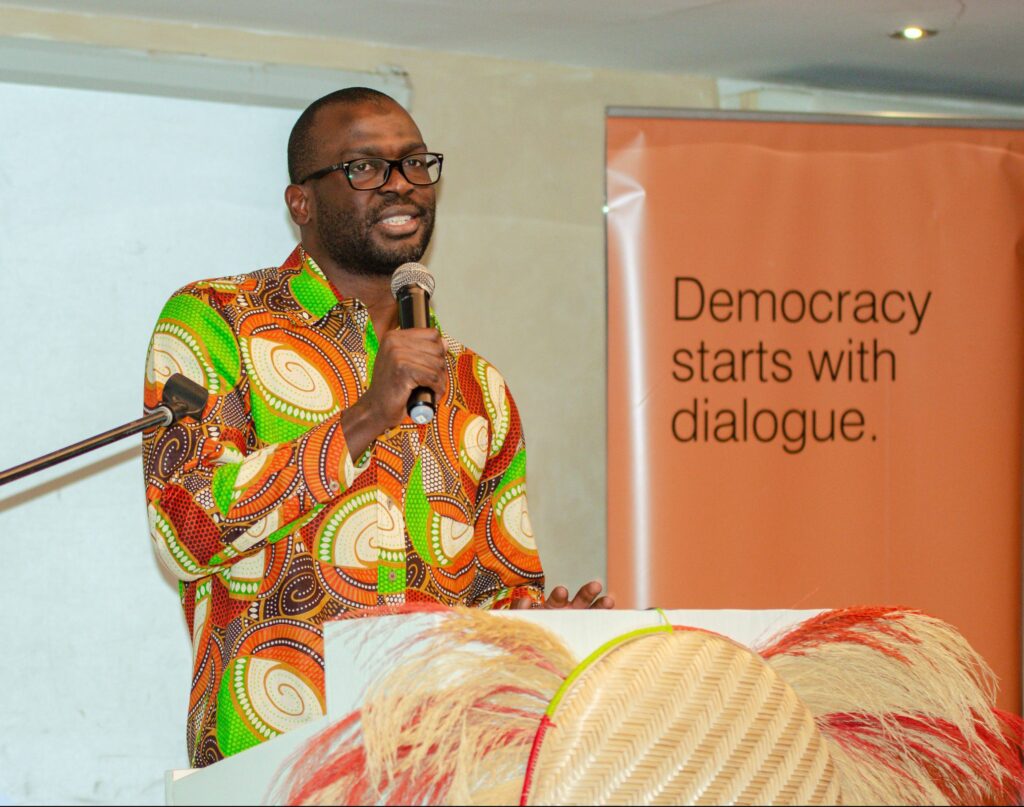Kenya’s 2024 unrest: Forging a new political landscape

This year’s Political Developments in Kenya
The recent political situation in Kenya is rooted in the contentious 2022 general elections, which saw President William Ruto emerge the winner. Despite the electoral commission declaring Ruto the winner, his victory was contested by his main rival, Hon. Raila Odinga, who claimed the elections were marred by irregularities and illegalities. Although the Supreme Court of Kenya upheld President Ruto’s win, the legitimacy of his presidency has been continually questioned by the opposition and a significant portion of the public given the narrow margin of victory he won by.
The period following the 8 August 2022 elections to 2024 has been marked by growing dissatisfaction with President Ruto’s government. Economic hardships, driven by high inflation, rising public debt, wastage of public funds, and high unemployment, exacerbated public discontent. The government’s perceived inability to address these challenges effectively fueled protests and civil unrest, with opposition figures capitalizing on the situation to mobilize their supporters to initially oppose the new tax measures introduced in 2023, eventually leading to a “political settlement” between the two main political rivals.
The introduction of the Finance Bill 2024
In May 2024, the Government of Kenya introduced the Finance Bill 2024. What appeared as a ‘routine’ practice done by past and present administrations to outline various tax proposals and amendments aimed at increasing government revenue, triggered extensive public debate and dissatisfaction with government’s handling of economic issues, unemployment, corruption, and general questions on accountability, transparency, and the opulence shown by senior political figures, to largely low-income population. The period following the introduction of the Finance Bill 2024 was marked by significant civil unrest, underpinned by deep-rooted political and economic grievances. This period of civil unrest exposed longstanding clefts in the country’s political and social fabric, raising concerns about the political stability of the nation.
The role of Gen-Z
Thousands of predominantly young protestors, self-identifying as Generation Z, took to the streets initially to dissent the controversial 2024 Finance Bill, and then broadening their aims to demand that the government address inequality, corruption, and elite politics. This unrest that erupted in June 2024 can be traced back to multiple factors, including dissatisfaction with the government’s handling of economic issues, particularly inflation and high unemployment rates. Further to this, the rising cost of living, exacerbated by global economic challenges and local mismanagement, severely affecting the middle and lower-income earners. Additionally, allegations of corruption and governance failures further windswept public trust in government.
The 25 June storming of the National Assembly in Nairobi was a peak of the public uproar, as demonstrators burned vehicles in front of the Supreme Court and set the office of the Nairobi County Governor on fire. It also brought to the fore the issue of excessive force in response to the demonstrations, as in different instances the Kenyan police fired live bullets to disperse the crowds, killing protesters and injuring hundreds.
The unrest in June 2024 threatened the stability of President William Ruto’s government, compelling him to make significant changes to his government in response to mounting pressure from both the public. Faced with this political crisis and the threat of further instability, President Ruto made strategic changes aimed at stabilizing his government, and bringing broader legitimacy across the political divide, and co-opting the opposition party, ODM, into key strategic ministerial positions. This saw the appointment of notable opposition political figures into government, and making steps at ensuring the electoral management body (IEBC) is reconstituted and assenting into law changes to the legal framework for the recruitment of new election commissioners, that saw the expansion of nominees from the Political Parties Liaison Committee.
What Next for Kenya?

However, the youth of this nation can no longer be ignored while discussing public interest issues. The previous months indicated that they are informed and have the capability to affect change in the country. Bridging the gap between the older generation, especially those who hold critical public offices, and youth is important. One cannot assume to know how issues affect young people, without directly engaging with them.
NIMD Kenya in March 2024 developed a “Youth Approach Paper” to provide guidance in the design and delivery of interventions targeting youth in Kenya. NIMD had at this point recognized that young people in Kenya have a critical role to play in governance, especially those falling within the 18 – 23 age group, because they could not directly relate with the current political leadership.
Directly following up, NIMD Kenya hosted their first Democracy School for Kenyan youth between June and September this year through the WYDE Civic Engagement programme. The school focused on improving their knowledge and skills for better engagement through various governance processes and facilitating formal and informal dialogue platforms for them to lend a voice on public interest issues, and national conversations.

The students celebrated their graduation last week, listen to their reflections, take aways and future plans below.
The WYDE Civic Engagement programme is implemented by NIMD, the Westminster Foundation for Democracy and Demo Finland. The programme is powered by the European Union & the European Partnership for Democracy (EPD).
